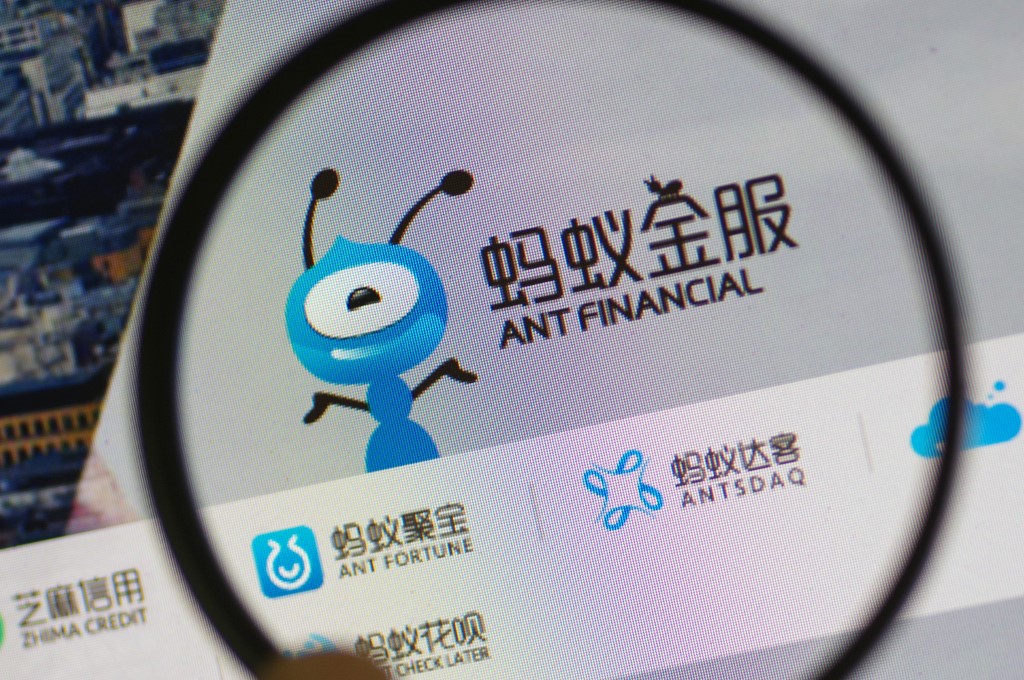Jack Ma’s Ant Group will be able to resume its planned IPO once it fixes its problems according to the law, China’s central bank chief has said.
In the meantime, sources said Ant is planning – in the face of severe regulatory pressure – to refashion itself as a financial holding company, and a restructuring plan could be finalized before the lunar new year holiday break in mid-February.
“I would say that if they follow the standard of legal framework, they will get a good result,” Yi Gang, People’s Bank of China (PBoC) Governor, said in a virtual panel at the World Economic Forum, when he was asked if the fintech giant could get back on track with its listing plan.
Yi said that PBoC’s survey has found that customers are generally satisfied with Ant’s services, but there are issues related to consumer privacy.
As long as the legal framework and process is followed, and the public is widely consulted, Ant could get back on track after the problems are fixed, he said.
Yi reiterated that the central bank has been supporting the development of the financial technology (fintech) sector and financial innovations, but “to prevent the abuse of monopolistic positions is equally important”.
More stringent capital requirements
Earlier this month, Chen Yulu, deputy governor of the central bank, said Ant is going through a business overhaul according to the regulators’ requirements, while at the same time making sure financial services provided to its customers are not interrupted.
“The regulatory departments are in close contact with Ant Group, and will update the public as progress is made,” Chen said.
Ant Group has submitted an outline of a restructuring plan, which could be finalized before the week-long lunar new year holiday in mid-February, the Wall Street Journal said, citing sources.
Chinese regulators had asked Ant to consider folding up most of its financial businesses – which include its payments, lending, insurance and wealth management ventures – into a holding company that would be subject to more stringent capital requirements, two sources told Reuters in December.
Ant is China’s behemoth payments provider through its digital payments service Alipay. But it is also a major Chinese lender, and China’s financial regulators are starting to impose more scrutiny over its business and view it as a financial institution rather than a tech firm.
China’s state-owned lenders have long complained that their online competitors have reaped an unfair advantage by being subject to less stringent regulations.
The regulatory clampdown hit full force in November last year when China’s banking and insurance regulator issued new micro-lending rules that led to the suspension of Ant’s $37 billion initial public offering (IPO) just 36 hours before the company’s shares were due to start trading.
Key changes needed
The regulators were concerned that companies such as Ant, that lend cheap money often to young people, who then develop bad consumer habits, would threaten the financial stability in a pandemic-stricken economy when its banks are laden with bad loans.
The micro-lending rules, along with new rules that scrap the limits on credit card interest rates and draft guidelines that restrict the customer data collection, have created more hurdles for fintech firms like Ant.
Analysts said that the new rules would mean Ant has to give control of one of its micro-lending businesses – Huabei and Jiebei.
It also needs to almost quadruple the registered capital for these two businesses in order to lower the leverage.
The new rules would also limit the cap of loans that Ant can provide to each borrower.
The new rules also restrict customer data collection.
Company Value Slashed
Ant was worth an estimated $320 billion as of November. Since then some estimates of its worth have plummeted to $108 billion.
Emboldened by a regulatory sea change that make them more competitive, Chinese banks are gearing up to seize back lost business in consumer loans.
“Regulators intend to bring all online lending businesses back to bank balance sheets to better control risks,” an asset management executive told Reuters.
“The profit margins for the loan facilitation business will gradually disappear, and banks are going to be the ultimate winners.”
Jack Ma, the founder of Alibaba and a key leader of Ant Group, was out of the public eye for nearly three months, until he resurfaced last week to send an online message to teachers at one of his charitable projects.
Ma made a speech highly critical of China’s financial system at a forum in Shanghai, just a little over a week before the Ant IPO was suspended by Shanghai Stock Exchange.
• By Iris Hong
This page was upgraded on January 21, 2022 for style purposes.
ALSO SEE:
Chinese banks return to popularity after crackdown on fintech firms
Ant Group IPO swept off the table
























